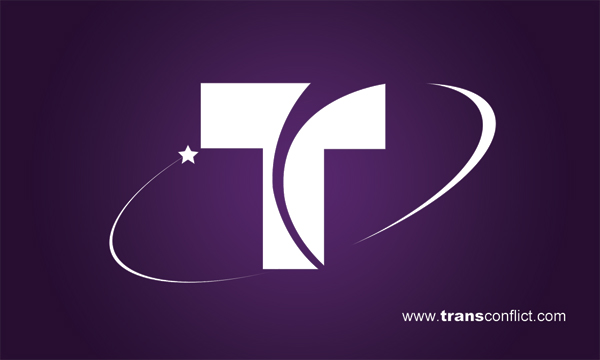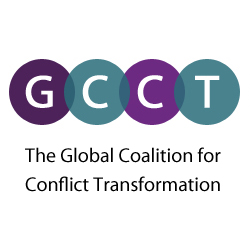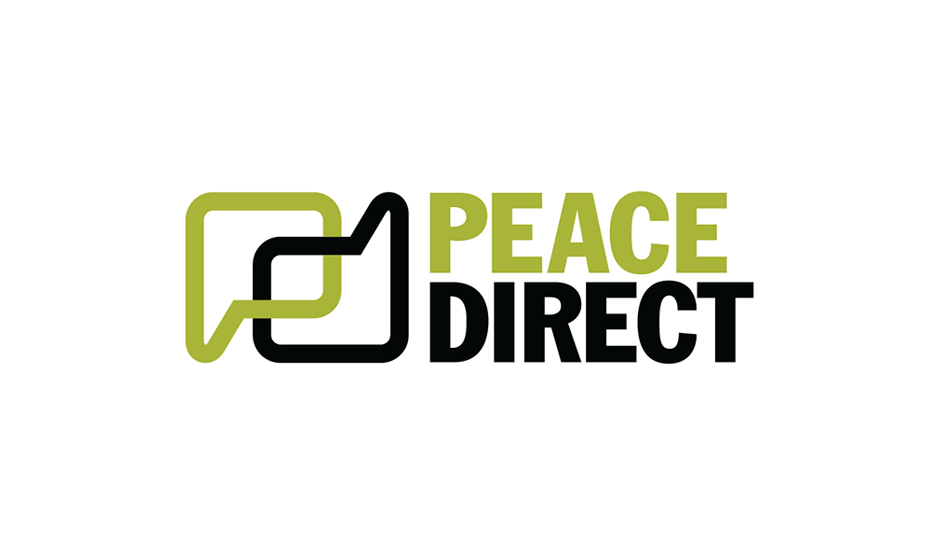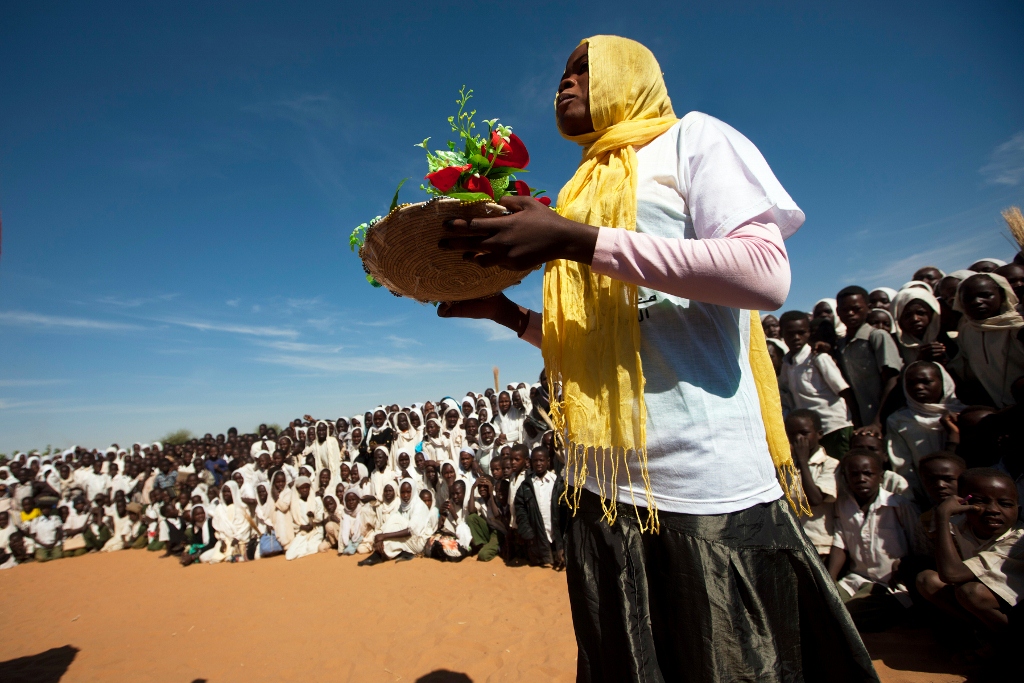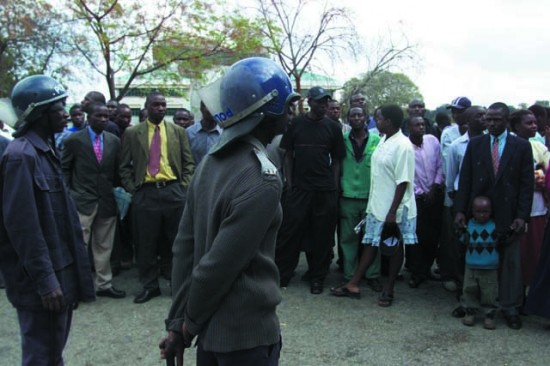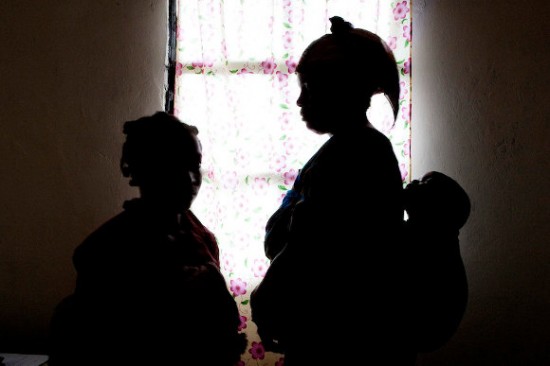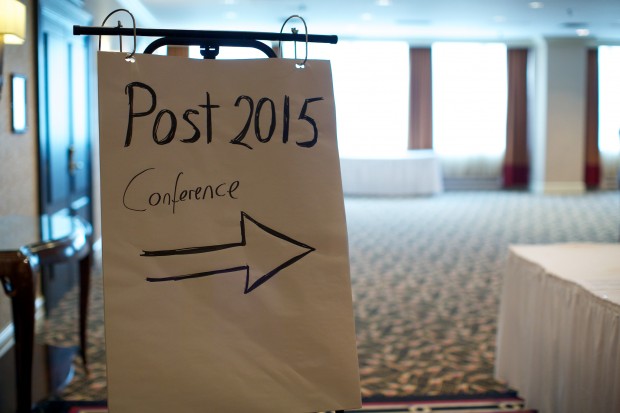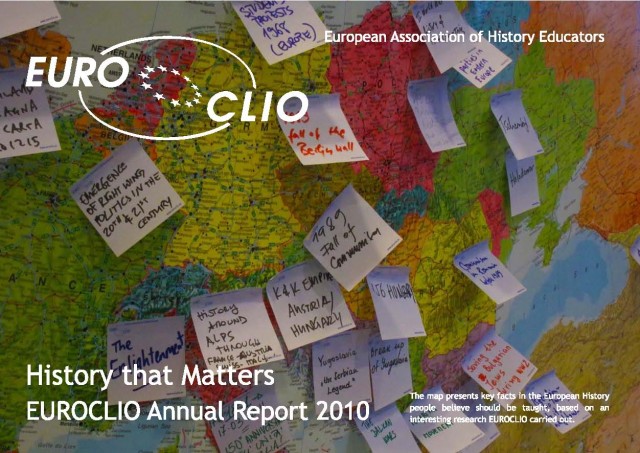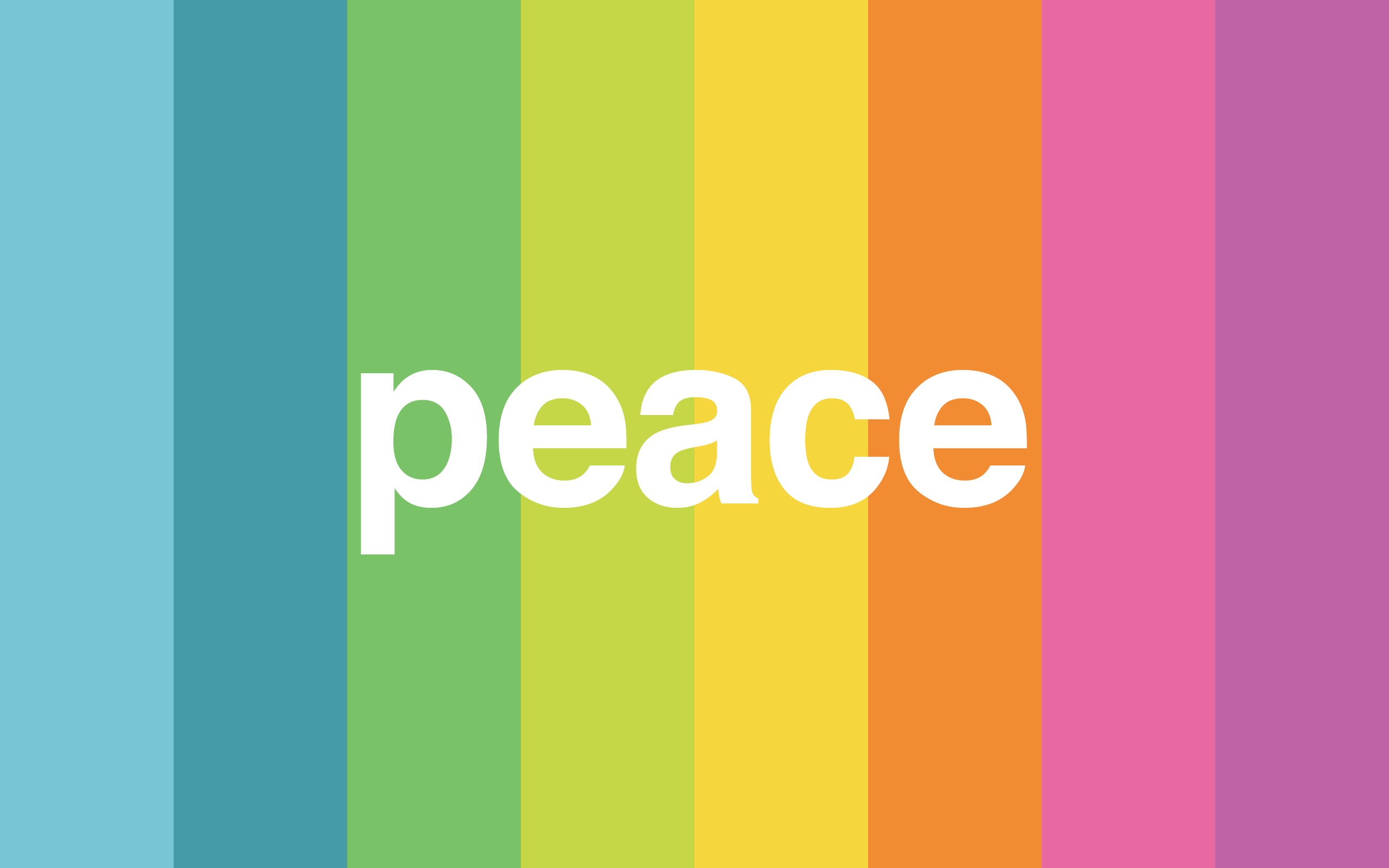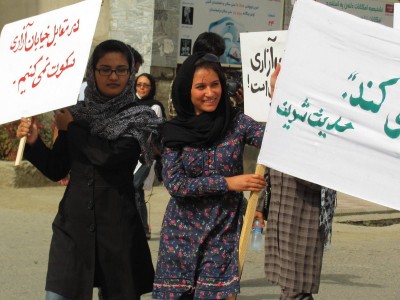The UN Arms Treaty – a milestone in peacekeeping or flawed and discriminatory?
The 2013 UN Arms Treaty has been heralded as a milestone document that has the potential to curb the weapons trade, but there is a... Read More
Disarming with empathy
TransConflict is pleased to present a talk on empathy by Jo Berry, whose father, Anthony, a Conservative Member of Parliament, was killed by the IRA... Read More
Promoting the role of youth in peacebuilding
On July 10 and 11, the Youth Advocacy Team of the United Network of Young Peacebuilders (UNOY Peacebuilders) will participate in two events taking place... Read More
Tomorrow’s peacebuilder: Call for application
Are you a peacebuilder? Do you need some support to help you grow your impact and your organisation? If you meet the entry criteria, you... Read More
Why is sexual violence so common in war?
Sexual violence in war and post-war situations becomes for the warring factions a preferred method that is used to reinforce gendered and political hierarchies; a modus... Read More
Learning from our leaders – when conflict breeds conflict
The history of violence and issues of political suppression is well known in Zimbabwe, but are these issues magnified through a process of emulation by... Read More
Sexual violence as a peacetime-wartime continuum
Wartime gender-based violence is proof of a prevalent undercurrent of gender discrimination in peacetime; a fact that is often overlooked in the strategies developed to... Read More
Systemic peacebuilding, conflict transformation and post-war recovery and reconciliation
TransConflict is pleased to recommend the June 10-14th Advanced Certificate Programme (ACP) on Systemic Peacebuilding, Conflict Transformation and Post-War Recovery and Reconciliation (PCTR) delivered by... Read More
The second GCCT newsletter
TransConflict is pleased to present the second Global Coalition for Conflict Transformation newsletter, showcasing the work of the GCCT and its members.
Addressing horizontal inequalities as drivers of conflict in the post-2015 development agenda
Horizontal inequalities increase the risk of violent conflict, and violence and conflict can worsen inequalities. This paper analyzes how inequalities, violent conflicts and the relation between... Read More
Promoting responsible history education – the case of EUROCLIO
EUROCLIO, the European Association for History Educators, propagates an approach to history education that smoothes out the ragged edges of nationalism and other ideologies, deconstructing... Read More
Executive leadership programmes
TransConflict is pleased to recommend the Executive Leadership Programmes (ELPs) delivered by the International Peace and Development Training Center (IPDTC) – PATRIR, in partnership with ENGI,... Read More
Transforming civil conflict
TransConflict is pleased to recommend the following online course, entitled “Transforming civil conflict”, organized by Modus Operandi and the Network University.
The need for civil society in peace negotiations
Peace negotiations are traditionally dealt with using a top-down approach, whereby state actors and leaders often enter into peace discussions without consulting or involving the... Read More
Conflict transformation – a long-term, gradual and complex process?
TransConflict is pleased to present contributions to the fourth Peacebuilders’ Panel, which is designed to stimulate debate about peacebuilding and conflict transformation.
The Big Give Christmas Challenge 2012
The Big Give Christmas Challenge 2012 will begin at 10am GMT (11am CET) on Thursday 6th December, and TransConflict kindly requests your support to help... Read More
The fourth Peacebuilders’ Panel
TransConflict is pleased to announce the fourth Peacebuilders’ Panel, which is designed to stimulate debate about peacebuilding and conflict transformation amongst practitioners, academics, students and enthusiasts... Read More
Afghanistan – I want to study, so shoot me
By denying women many of their most basic human rights and fundamental freedoms, the Taliban regime in Afghanistan was the proverbial death-knell for progressive lifestyles of women in the country; as the shocking case of Malala Yousufzai demonstrates in the starkest possible manner.
Women in Afghanistan – struggling for representation in the peace process
The absence of a women’s grassroots support network or social movement is one of the key reasons women have been unable to exert more influence on the peace process in Afghanistan, meaning that any future peace settlement may lack sufficient safeguards to promote and entrench women’s voices.
Youth as a bridge – peacebuilding in north-western Kenya
The emergence of locally-initiated and supported peacebuilding initiatives by young people - acting as change agents, mentors and leaders - is fostering a new paradigm in governance, development and peacebuilding amongst pastoralist communities in north-western Kenya.
Kosovo – time for reconciliation
TransConflict is pleased to present a report, published as part of the project 'Mediation through Monasteries in Kosovo', which calls for the establishment of a Community Relations Council to strengthen relations between Peć/Pejë municipality and the Patriarchate.
The Big Give’s Christmas Challenge
With your help, TransConflict is aiming to secure £2,500 in pledges by midnight on October 14th in order to maximise the benefits of participating in the Big Give's Christmas Challenge!
Bosnia’s transitional justice strategy requires political support
Two years after it was commissioned, Bosnia and Herzegovina has a draft Transitional Justice Strategy; however doubts persist as to whether the document will be adopted, despite widespread acceptance of its importance.
Kosovo – the EU’s many voices
The EU's policies in the Western Balkans - particularly vis-a-vis Kosovo - threaten to undermine its credibility as an international actor and raise profound questions about the very future of its burgeoning Common Foreign and Security Policy.
Conflict transformation – seeks to transform the root causes of conflict?
TransConflict is pleased to present additional contributions to the third Peacebuilders’ Panel , which is designed to stimulate debate about peacebuilding and conflict transformation.


